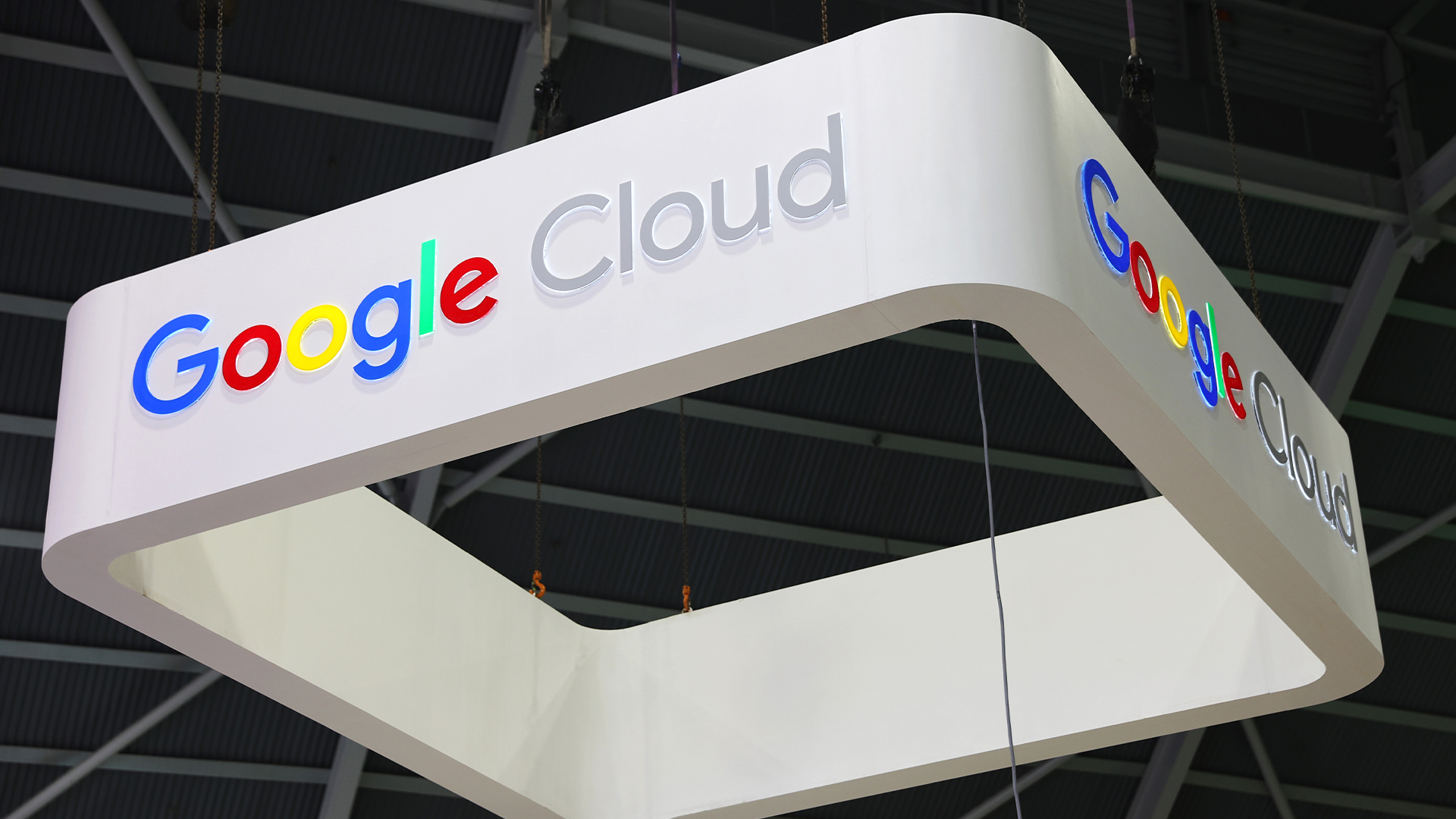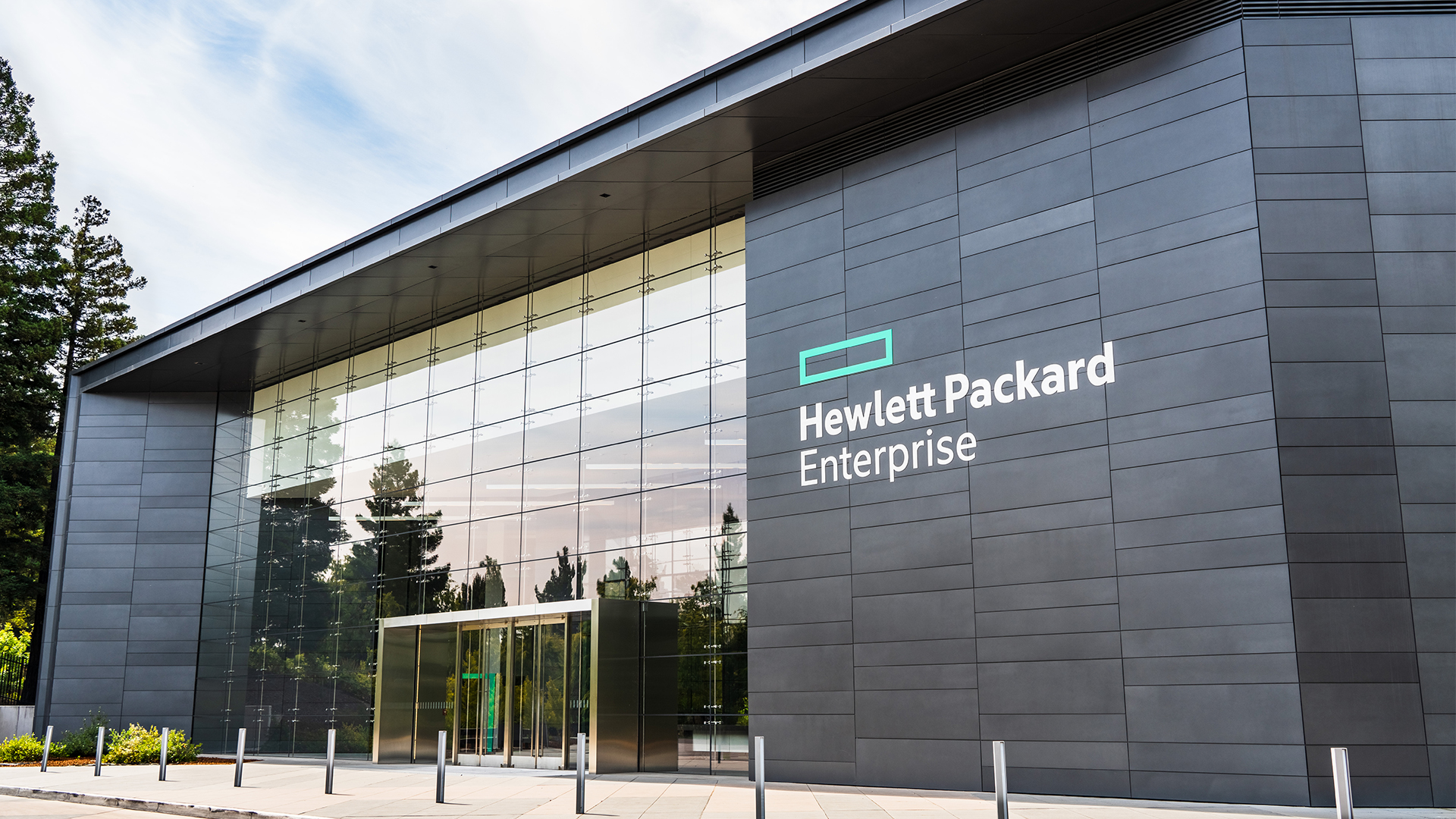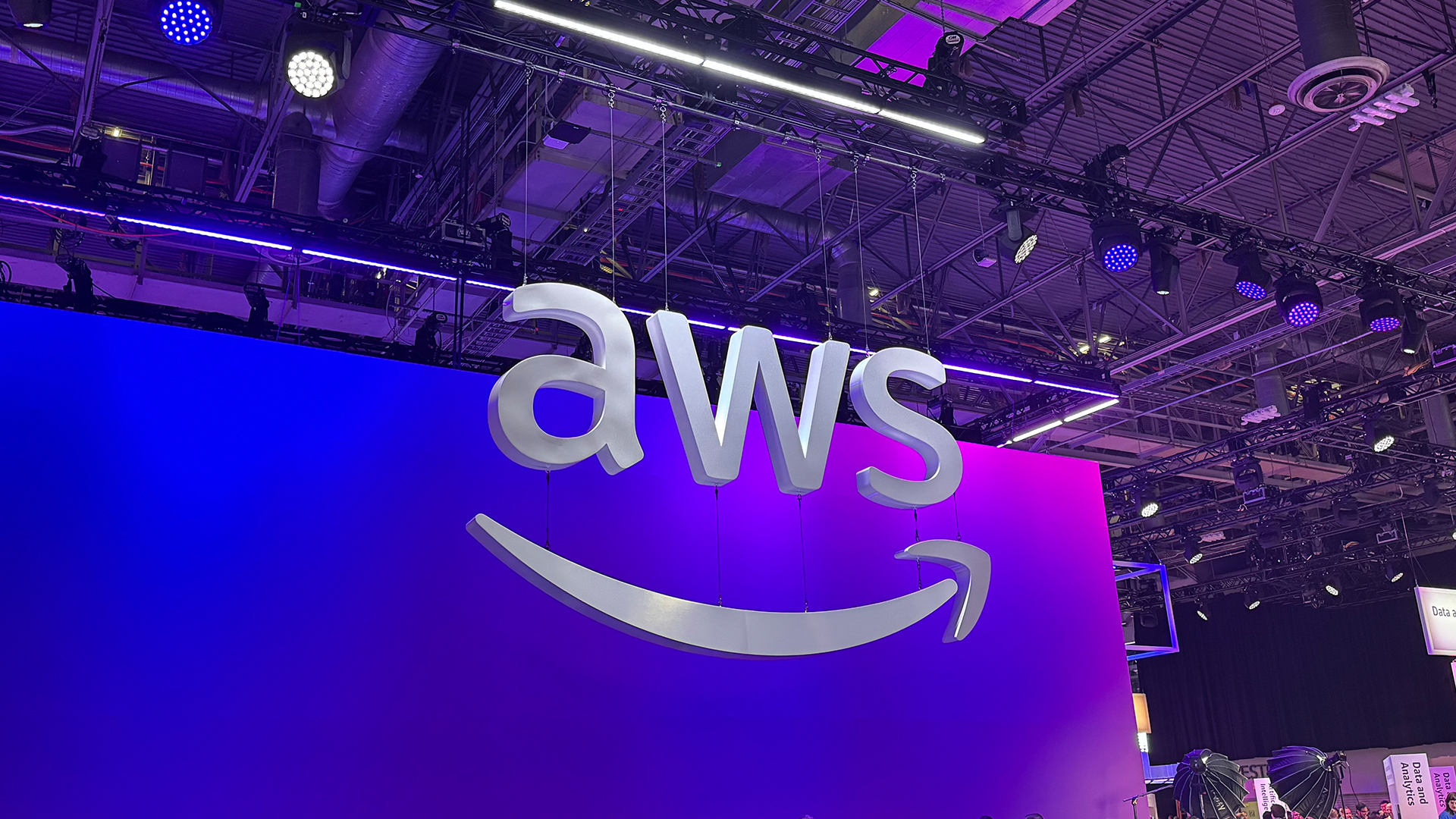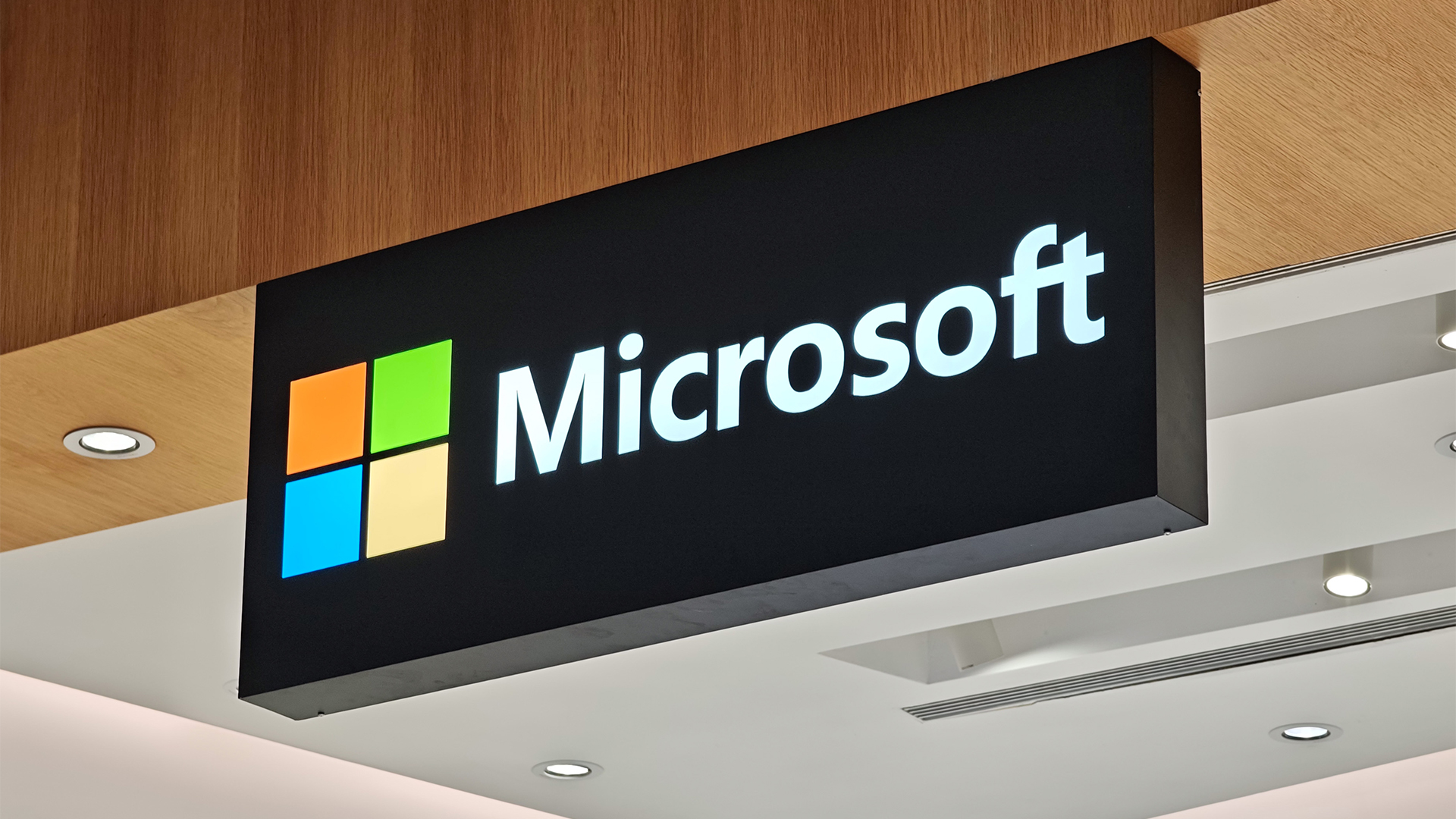Enterprises are keen on cloud repatriation – but not for all workloads
A survey shows 97% of mid-market companies plan to repatriate some, but not all, workloads and apps


So long, public cloud, a whopping 97% of surveyed companies say they plan to ditch the public cloud in favour of in-house infrastructure.
The growing trend of cloud repatriation doesn't mean the end of the public cloud, however, as most of those companies aren't shifting every workload over, just a few specific ones.
Node4 surveyed 601 executives at mid-market firms and found that 49% of companies plan to shift a few applications and workloads away from the public cloud over the next year, though 43% plan to move a "significant" number — and 5% want to repatriate all of their work.
"This demonstrates a clear preference for hybrid environments and a shift from cloud-first to cloud-appropriate," said Node4 CEO Richard Mosely. "We believe this will be the mid-market’s default setting for the foreseeable future."
The poll follows research from IDC last year showing that cloud migration is a growing trend, but also suggesting that only 8-9% of companies plan a full workload repatriation, with most removing selected apps instead.
The idea of cloud repatriation has gathered steam helped by the high-profile example of SaaS company Basecamp, which has said it would save $10 million over five years by ditching the cloud in favor of its own hardware.
Explaining the shift from public cloud
The main driver behind the shift is performance, according to Node4. The surveyed companies have found some workloads simply aren't suitable for public cloud, applications aren't performing as expected, and users are frustrated by application latency.
Sign up today and you will receive a free copy of our Future Focus 2025 report - the leading guidance on AI, cybersecurity and other IT challenges as per 700+ senior executives
"Organizations that migrated to the public cloud several years ago have realized that while their environments provide many benefits and offer more scalable on-demand performance than other hosting options, they aren't always the best fit for every application," said Moseley.
The second most common reason for shifting workloads was data sovereignty, with 30% of those polled noting that motivation. This growing focus on data sovereignty is being accelerated by regulatory concerns, but researchers added it also reflects "broader unease" around control, jurisdiction, and access.
Beyond those reasons, the report also said repatriation was motivated by risk management (29%), technical limitations (27%), costs (26%), compliance (26%), and security (21%).
Node4 said that last point might come as a surprise given most mid-market organizations would "struggle to replicate the advanced security and access configurations available in public cloud environments."
"Cybersecurity confidence declines as organizations move further into the cloud," the report found. "94% of organizations running primarily on-premises say they’re confident in their ability to prevent and respond to cyberattacks. That number falls to 78% for fully cloud-based organizations."
The report is the latest to suggest dissatisfaction with the cloud. Research by Gartner last month revealed that a quarter of organizations are experiencing frustration with cloud adoption projects, with a separate study showing three quarters of respondents had exceeded their cloud budgets.
MORE FROM ITPRO
Freelance journalist Nicole Kobie first started writing for ITPro in 2007, with bylines in New Scientist, Wired, PC Pro and many more.
Nicole the author of a book about the history of technology, The Long History of the Future.
-
 What is Microsoft Maia?
What is Microsoft Maia?Explainer Microsoft's in-house chip is planned to a core aspect of Microsoft Copilot and future Azure AI offerings
-
 If Satya Nadella wants us to take AI seriously, let’s forget about mass adoption and start with a return on investment for those already using it
If Satya Nadella wants us to take AI seriously, let’s forget about mass adoption and start with a return on investment for those already using itOpinion If Satya Nadella wants us to take AI seriously, let's start with ROI for businesses
-
 Wasabi Technologies wants to be a "more predictable alternative to the hyperscalers" after $70m funding round
Wasabi Technologies wants to be a "more predictable alternative to the hyperscalers" after $70m funding roundNews The cloud storage provider plans to ramp up AI infrastructure investment and boost global expansion
-
 Google Cloud teases revamped partner program ahead of 2026
Google Cloud teases revamped partner program ahead of 2026News The cloud giant’s new-look partner ecosystem shifts focus from activity tracking to measurable customer outcomes
-
 Cloud security teams are in turmoil as attack surfaces expand at an alarming rate
Cloud security teams are in turmoil as attack surfaces expand at an alarming rateNews Cloud security teams are scrambling to keep pace with expanding attack surfaces, new research from Palo Alto Networks shows, largely due to the rapid adoption of enterprise AI solutions.
-
 Veeam and HPE eye simplified data resilience with expanded alliance
Veeam and HPE eye simplified data resilience with expanded allianceNews The pair’s latest collaboration sees the introduction of next-gen data protection services to help eliminate risk across modern enterprise applications
-
 AWS re:Invent 2025 live: All the news and announcements from day two in Las Vegas
AWS re:Invent 2025 live: All the news and announcements from day two in Las VegasLive Blog Keep tabs on all the latest announcements from day-two at AWS re:Invent 2025 in Las Vegas
-
 CEOs admit majority of cloud environments were ‘built by accident rather than design’ – and it’s coming back to haunt them
CEOs admit majority of cloud environments were ‘built by accident rather than design’ – and it’s coming back to haunt themNews Many enterprises rushed into the cloud without a clear end goal in mind, according to Kyndryl
-
 Microsoft’s new ‘marketplace’ lets customers pick and choose cloud, AI solutions
Microsoft’s new ‘marketplace’ lets customers pick and choose cloud, AI solutionsNews The Microsoft Marketplace looks to streamline customer access to AI and cloud services
-
 Mainframes are back in vogue
Mainframes are back in vogueNews Mainframes are back in vogue, according to research from Kyndryl, with enterprises ramping up hybrid IT strategies and generative AI adoption.
